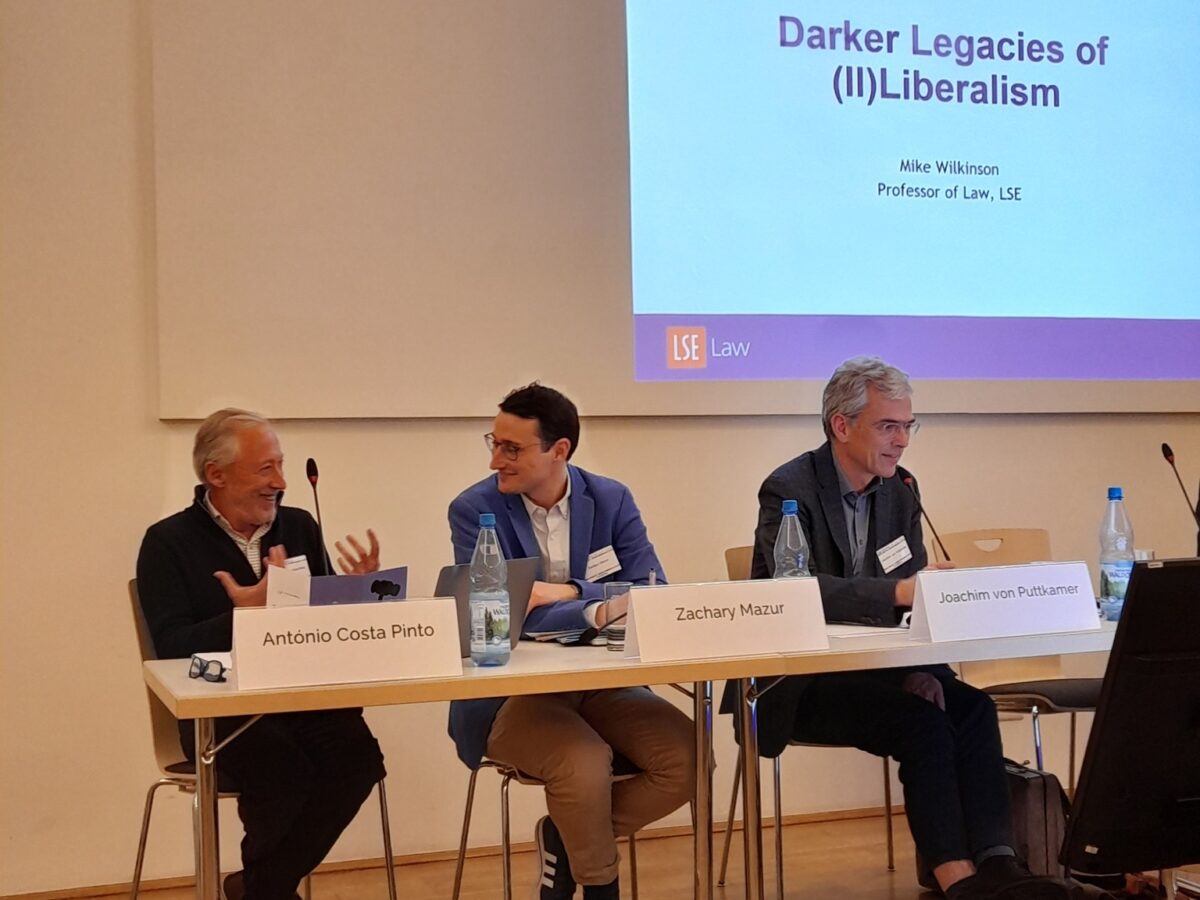
Conference Report: Revisiting the Dark Legacies of Illiberalism, Jena, December 2nd-3rd 2022
13/02/2023
“[W]e have to abandon liberal methods and principles of organizing a society […]. [T]he new state that we are building is an illiberal state, a non-liberal state.” When Hungarian Prime Minister Victor Orban famously made this proclamation in 2014, it was seen as exemplifying the turning point of liberal democracy’s success story and ushering in a new age of rising populism and wide-spread erosion of the rule of law. However, scholars who gathered in Jena on 2 and 3 December 2022 for a two-day conference, questioned Orban’s assertion of a “new state”. By focusing on the “dark legacies of illiberalism”, the organisers argued that the illiberal turn has laid bare the anti-pluralistic heritage of fascism and communism haunting our present constitutional order. The conference was part of the ongoing transdisciplinary research project “Towards Illiberal Constitutionalism in East Central Europe: Historical Analysis in Comparative and Transnational Perspective”.
Read the full conference report by Simon Mensing (Academy for European Human Rights Protection, University of Cologne) on H-Soz-Kult here.